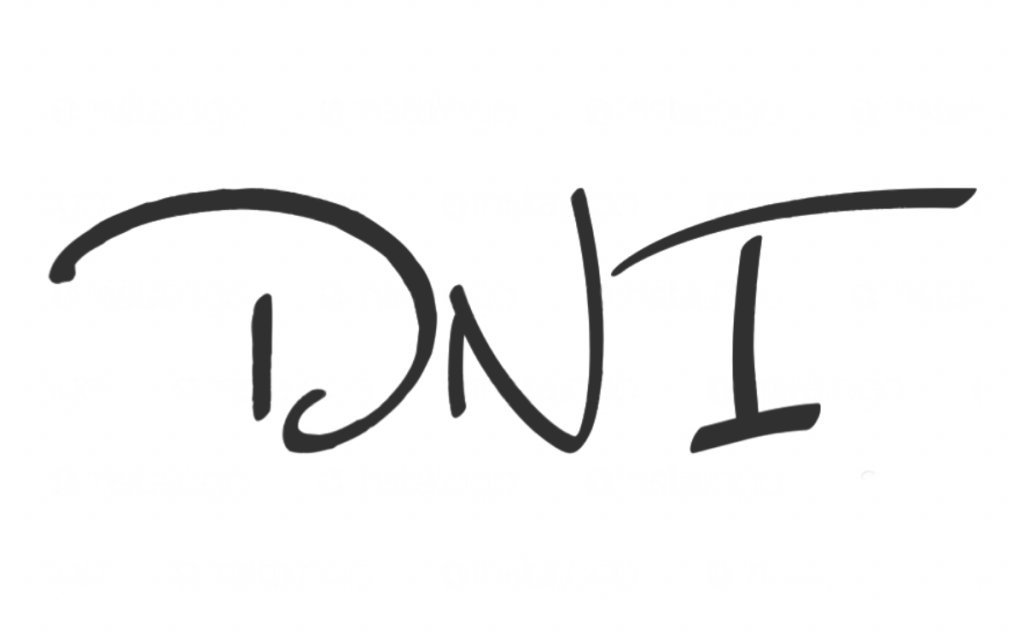The digitalisation of trade documents and supply chain financing instruments is one of the most important prerequisites for the automation and financing of (international) trade transactions and thus for stable supply chains.
The DNI initiative of ITFA (International Trade & Forfaiting Association) is of fundamental importance here. DNI stands for Digital Negotiable Instruments. In the course of the DNI initiative, financial institutions, companies and law firms are campaigning for the digitalisation of negotiable instruments on the basis of the UNCITRAL Model Law on Electronic Transferable Records (MLETR) and are receiving broad support from (international) associations and government organisations.
The MLETR is intended to enable the legal use of electronic transferable documents or instruments (Electronic Transferable Records=ETR) both domestically and across borders. The technical basis for ETR is Distributed Ledger Technology (DLT), which ensures maximum security and legal enforceability.
The aim is to transfer traditionally paper-based instruments into the digital world. In doing so, ETRs focus primarily on transferable documents or instruments which, in their paper form, entitle the holder to demand performance of the obligation stated therein and allow the transfer of the right to such performance by transferring possession of the document or instrument. Transferable documents or instruments typically include bills of lading, bills of exchange, promissory notes and warehouse receipts.
Paper-based original documents are at a clear disadvantage compared to digital versions: For one thing, they lack clear ownership features. On the other hand, it is impossible to prove the uniqueness and authenticity of a document beyond doubt.
The TFD (Trade Finance Distribution) initiative, however, establishes trade finance as an investable asset class for capital market companies. It brings together stakeholders committed to increasing the level of automation and transparency in the distribution of trade assets and risks through technology-based market practices.
You can also download the content of this article:




